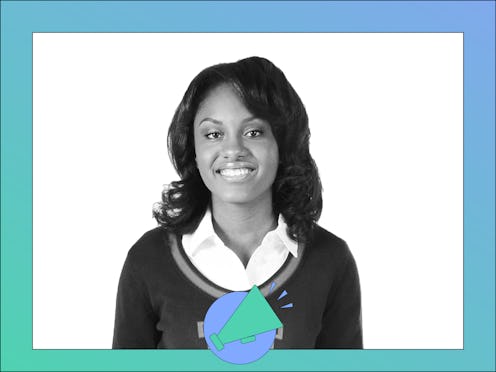News
What Inspired Me To Enter Public Service

At the age of 18, I was elected to the office of Advisory Neighborhood Commissioner in Washington D.C., making me the youngest elected official in the city. During my one year and five months in that position, I focused on expanding affordable housing in my community. Now, as a senior at Howard University majoring in political science and community development, along with serving as student body president, I'm reflecting on the values and experiences that inspired me to get involved in public service.
At 20 years old, I'm not closed off to anything that will allow me to accomplish my agenda. I do plan to run for some type of office again in the near future, but my overall concern is being in a position where I can advocate for low-income families.
My own personal experience with housing insecurity growing up in Cleveland, Ohio, motivated me to enter public service. I grew up in a relatively low-income family and living in an under-served community. In my childhood, I was aware that there were a lot of disparities between things I was experiencing in my community compared to people in other communities nearby. As a young teenager, I became inquisitive; I wanted to understand the systems at work that resulted in my experience being so vastly different than that of other people. In high school, I became interested in community organizing, and in advocating for people like me who grew up in under-served communities.
As young as 10 years old, I understood that my own interests weren't the only ones worth fighting for, and that I could assume a leadership position to advocate for others. I engaged in my first political activity in the sixth grade, when I felt that one of my teachers was treating my fellow students unfairly. I was actually the teacher's favorite student, and was doing very well in the class, but I recognized that mistreatment of other students was unacceptable. I collected 800 signatures in an effort to have the teacher removed.
This activity earned my mother a phone call from the principale, but it also instilled in me the understanding that, as a leader, it's my job to represent people who may not know how to communicate their problems or how to organize, and who may not understand how to achieve their objectives.
At the same time, my early foray into organizing made it clear to me that a leader doesn't stand alone; she needs others to join in her work. I've always believed in the power of community, in the power of a group of people coming together and achieving an outcome. If all of us come together and express a common viewpoint, someone will listen to us.
Throughout my leadership positions on campus and with the Advisory Neighborhood Commission (ANC), my goal has been what I call "closing the gap," and that mission will serve as the foundation for my choices after graduation and beyond. I want to spend my entire life working to eradicate disparities in marginalized communities, working on behalf of people who don't have access to resources that the top one percent has access to.
I don't expect it to be an easy road. One of my greatest challenges thus far has been navigating institutions that aren't always supportive of people of color or of young people being in charge.
When I was with the ANC,I was one of the only black women on the commission, one of the few women in general, and was certainly by far the youngest. But I have been inspired to continue on the leadership path by other women in prominent positions, such as Hillary Clinton. I find myself dealing with the same challenges she experienced as a young person. MSNBC journalist Melissa Harris-Perry inspires me by how she navigates an industry that is not always supportive of women of color. And I have to shout out to California's Kamala Harris, who may become the U.S.'s second black female senator and has been a tireless advocate for people who are often ignored or taken advantage of.
That is the kind of work that drove me to public service and that will guide me moving forward. I will be an active advocate in whatever position best serves that mission, whether it's as a teacher, a community organizer, or a congresswoman.
As told to Amée LaTour
Image: Bustle/Caroline Wurtzel (4)